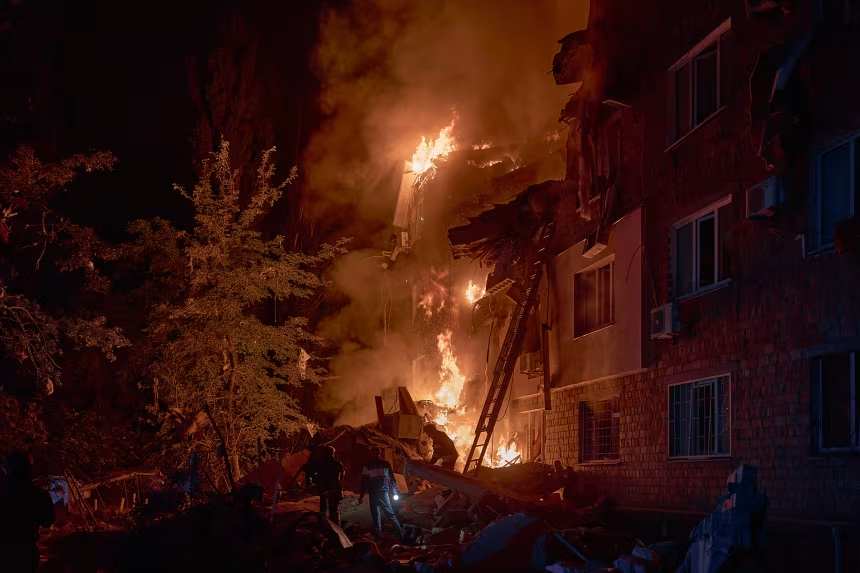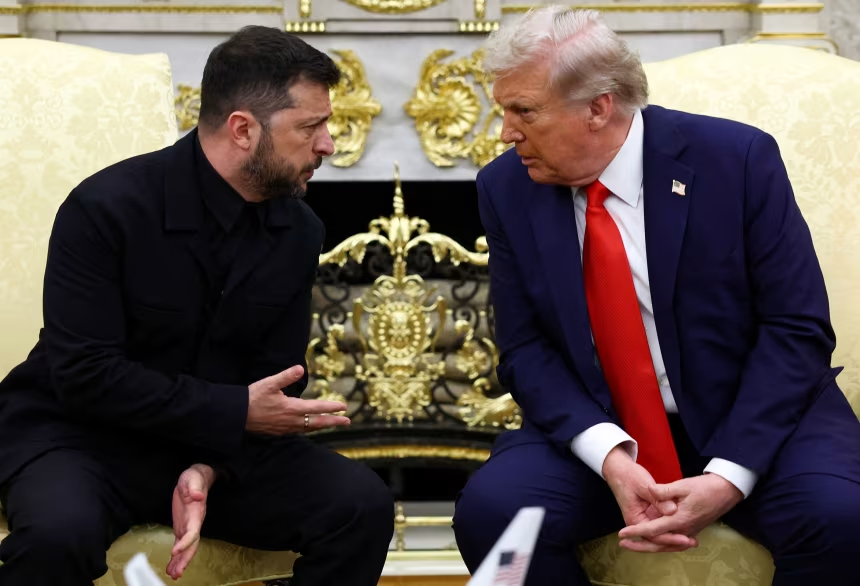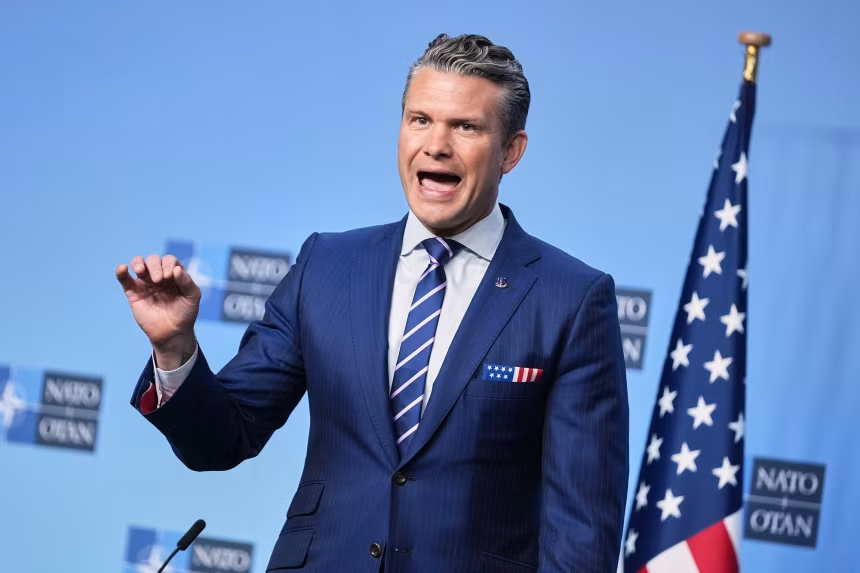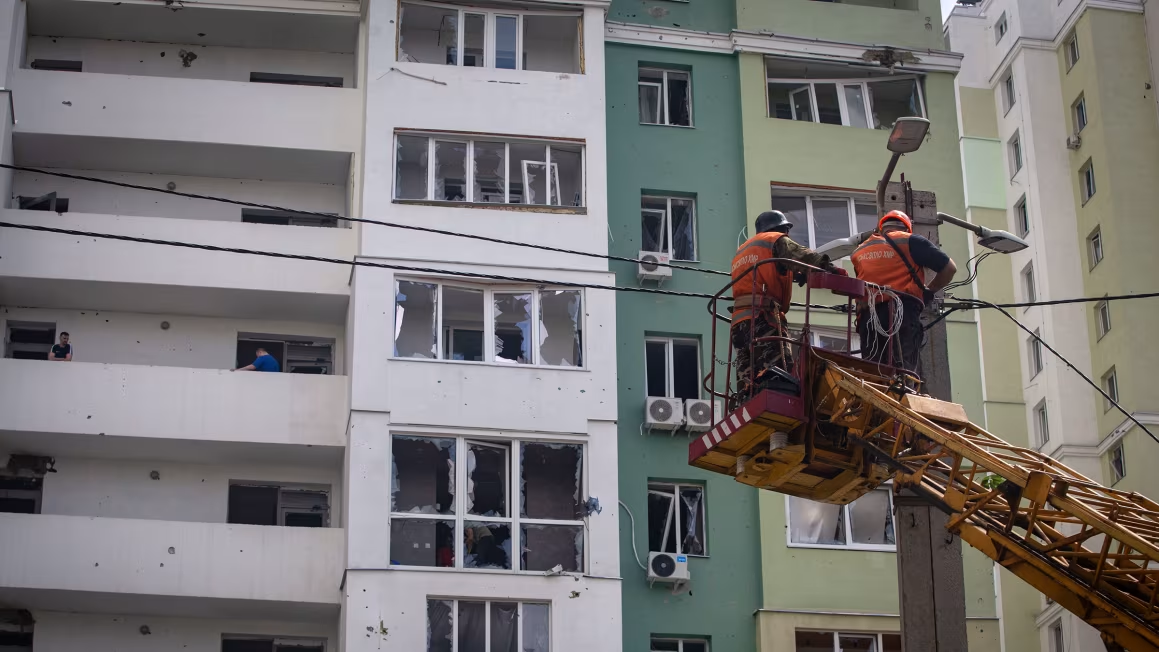Kyiv woke up to devastation on Thursday, August 28, 2025, after Russia launched one of its deadliest assaults on the Ukrainian capital in recent months. The overnight barrage of nearly 600 drones and missiles tore through residential neighborhoods, government facilities, and diplomatic sites, leaving destruction across all ten districts of the city.
At least 21 civilians, including four children, were killed, while dozens more were injured, many critically. Among the most symbolic targets were the European Union delegation building and the British Council office in Kyiv, both of which sustained significant damage. For residents, the attack was another painful reminder of the human cost of the war, with shattered homes, burning cars, and terrified families seeking shelter underground.
The strike has drawn sharp international condemnation. The European Union and the United Kingdom summoned Russian envoys to protest the targeting of their institutions. European Commission President Ursula von der Leyen denounced the assault as “barbaric” and vowed new sanctions, including moves to channel frozen Russian assets into Ukraine’s recovery. British Prime Minister Sir Keir Starmer called it a “senseless act of terror” and accused Russian President Vladimir Putin of deliberately undermining peace efforts.
Ukrainian President Volodymyr Zelenskyy also condemned the attack, accusing Moscow of preferring destruction over dialogue. He urged the world to respond decisively, framing the strikes as not only an attack on Ukraine but also on European security itself. The United Nations Security Council has scheduled an emergency session to discuss the escalation, while the United States has announced an $825 million military aid package to bolster Ukraine’s defenses.
Moscow, however, insisted that its operation was aimed at Ukrainian military infrastructure, denying deliberate civilian targeting. Yet the scale of destruction and the choice of diplomatic sites as victims tell a different story—one that signals escalation at a critical time in the conflict.
As Ukraine buries its dead and Europe rallies in protest, the attack underscores the fragile balance between war and diplomacy. The tragedy in Kyiv raises urgent questions: will the world’s response be strong enough to deter further assaults, or will Russia’s campaign of destruction continue to expand unchecked?





